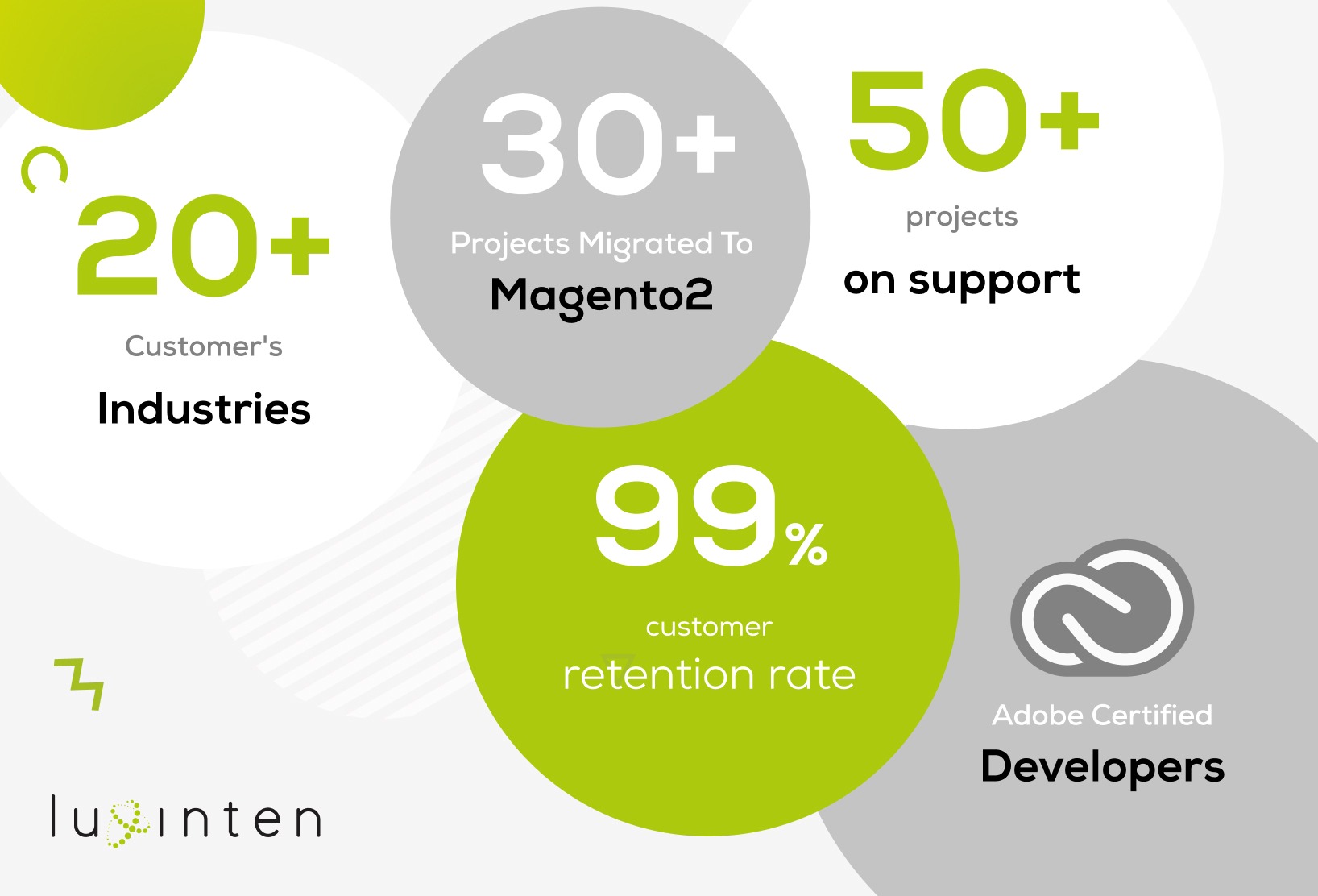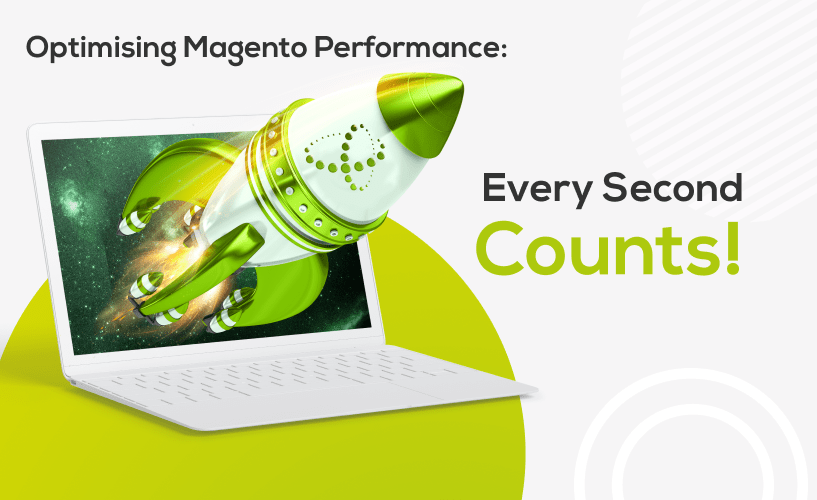
In today's business environment, where competition is constantly growing, a company's success largely depends on its ability to effectively interact with customers. E-commerce is rapidly evolving, and Magento is one of the leading platforms for managing online stores. However, to fully unlock the potential of this platform, it is crucial to integrate it with a CRM (Customer Relationship Management) system. This integration significantly enhances customer service quality, improves relationship management, and increases sales volumes.
A CRM system centralizes all customer information, enabling companies to better understand their needs, habits, and interests. When these systems are connected, all data from the online store automatically transfers to the CRM. This means that every purchase, support request, and customer interaction is stored in one place, laying the foundation for a more personalized approach. Such an approach boosts customer loyalty and encourages repeat purchases.
One of the main benefits of this integration is improved customer data management. Information about customers, their orders, preferences, and purchase history is automatically synchronized between the systems. This allows marketing teams to analyze consumer behavior more effectively and create more targeted campaigns. For example, if the CRM shows that a customer regularly purchases certain products, the company can send them a special offer or discount on those items, significantly increasing the likelihood of a repeat sale.
Enhancing customer service is another major advantage. Support operators, having access to the entire history of customer interactions, can quickly resolve any issues. This drastically reduces the time needed to process requests and increases customer satisfaction. Additionally, the system automates many routine processes, such as sending reminders about items left in the cart, status updates on orders, or requests for feedback after a purchase.
Improving customer segmentation is also a significant benefit. The CRM allows you to categorize customers into different segments based on their behavior, interests, or purchase history. This, in turn, helps create more personalized marketing campaigns that consider the specifics of each segment. For instance, for customers who frequently buy footwear, you can launch a campaign offering new models or accessories that complement their previous purchases. This not only increases conversion rates but also enhances the overall effectiveness of marketing efforts.
Optimizing the sales process is another crucial aspect. The CRM provides access to information about previous customer contacts, enabling salespeople to better understand their needs and offer appropriate products or services. For example, if a customer previously expressed interest in a particular product but did not purchase it, a salesperson can make a targeted offer with an additional discount. This not only increases the likelihood of a successful sale but also improves the customer's overall impression of the company.
Effective product assortment management also becomes more feasible with this integration. By gathering data on which products customers most frequently purchase, companies can better plan their inventory, optimize procurement processes, and reduce storage costs. This allows for a quick response to changes in demand and the timely offering of new products that meet current consumer needs.
Automation of many processes is another key advantage. For example, a company can set up automatic sending of personalized thank-you emails, additional product offers, or reminders for reorders after a certain period. This automation not only increases the efficiency of the company but also fosters closer and more trusting relationships with customers.
Another significant benefit is the ability to analyze and evaluate the effectiveness of marketing campaigns. The CRM enables companies to thoroughly analyze which initiatives have been most successful and which require improvement. This not only optimizes marketing expenditures but also provides a better understanding of what attracts customers and what encourages them to return to your store.
Additionally, the alignment between different company departments is greatly improved. For example, the marketing team can more effectively collaborate with the sales department by sharing information about customer preferences. This ensures a more comprehensive approach to customer interaction, which ultimately increases customer satisfaction and loyalty to the brand.
A key aspect is the enhancement of customer loyalty management. The CRM allows you to create and manage loyalty programs, track customer activity, and automatically award bonuses or offer discounts for specific actions. This stimulates repeat purchases and strengthens customer attachment to the brand.
Moreover, this integration helps you better understand the effectiveness of different communication channels with customers. For instance, a company can track through which channels (email, social media, chatbots) customers most frequently interact and optimize its communication strategy accordingly. This ensures more convenient and quick access to necessary information for customers.
The integration also improves the feedback process. The company can automatically collect customer reviews after each purchase, analyze them, and take necessary steps to improve service quality. This allows for the early detection and correction of issues, significantly increasing customer satisfaction and building trust in the brand.
Enhancing the personalization of the customer experience is another key aspect. Based on data about previous purchases and interactions with the store, the company can automatically generate personalized product recommendations or offer promotions tailored to the customer's specific interests. This increases the likelihood of a purchase, as the customer feels that their needs are being considered.
Special attention should be given to effective management of relationships with VIP customers. The CRM allows for easy identification of such clients and ensures special service conditions for them. This may include individual offers, priority service, or additional privileges, which boosts their loyalty and encourages further purchases. This approach often has a significant impact on overall sales performance, as VIP customers typically contribute a large portion of the company's revenue.
Another important aspect is improving sales forecasting accuracy. By analyzing customer behavior, the CRM can predict future product demand, enabling better planning of marketing activities and ensuring the necessary products are in stock. This reduces the risk of losses due to stockouts or excess inventory, positively affecting business profitability.
Improving marketing campaign management is also a key benefit. Marketers gain access to detailed customer information, allowing them to better understand which campaigns deliver the highest return. This optimizes marketing budgets, directing resources to activities that truly work. At the same time, the ability to conduct A/B testing of different approaches helps quickly identify the most effective strategies.
With CRM, conversion rates improve through personalized messages. For example, you can automatically set up the sending of trigger emails, such as reminders about abandoned carts, notifications about wishlist items, or special discount offers for those who haven't made a purchase in a while. This increases the likelihood that the customer will return and complete the purchase, directly impacting sales growth.
Enhanced analytics and reporting are also compelling arguments for integration. Combining data from both systems allows for the creation of more detailed and accurate reports that help better understand the overall business landscape. This includes analyzing the effectiveness of marketing campaigns, evaluating the performance of various sales channels, and identifying the most successful products and customer segments. Such analytics enable more informed decisions about the company's development strategy.
Moreover, the integration facilitates better supply chain management. Based on demand analysis, the CRM can provide recommendations for optimal order quantities, helping to avoid situations where popular products are out of stock. Additionally, combining sales and demand data helps better forecast seasonal fluctuations, reducing losses due to overstocking or stock shortages.
Another important aspect is improving communication with customers. The CRM centralizes all customer interaction history, simplifying the support process and ensuring a high level of service. For example, if a customer contacts you with a complaint or question, the support operator can quickly access all previous interactions, allowing for a more precise and rapid resolution of the issue. This increases customer satisfaction and strengthens their trust in the company.
Managing customer reviews also becomes more efficient. Systematic collection and analysis of feedback allow for early detection of potential problems and prompt action to address them. This not only reduces the risk of losing customers due to dissatisfaction but also contributes to enhancing the company's reputation in the market.
The mobile experience for customers also significantly improves. Given that more and more purchases are made via mobile devices, it's crucial to provide a seamless and convenient shopping process across all platforms. The CRM automatically adapts offers and messages for mobile users, enhancing their comfort and likelihood of making a purchase.
In summary, integrating CRM with Magento is a powerful tool for improving customer experience, enhancing business management efficiency, and boosting sales. It enables companies to better understand their customers, provide a more personalized approach, improve service quality, and quickly respond to changes in market conditions. In today's competitive environment, these advantages can become critical factors in a company's success in the e-commerce market.
Unlike many other CMS platforms, Magento stands out with its ability to integrate seamlessly with a variety of CRM systems, such as Salesforce, HubSpot, Zoho CRM, and Microsoft Dynamics and others. Choosing the right solution tailored specifically to your business's unique needs is crucial, and we are here to assist you in finding the perfect fit.
Thus, implementing this integration not only brings immediate benefits but also establishes a solid foundation for long-term business growth. Companies that embrace this approach not only boost their revenue but also strengthen their market position, ensuring a competitive edge for years to come.

Some Key Luxinten Statistics:
- 50+ projects with annual support
- 30+ successful full Magento 2 migrations
- 250+ solutions implemented on Magento
- 99% customer retention rate
- Adobe Certified Experts







Add comment...
Comments